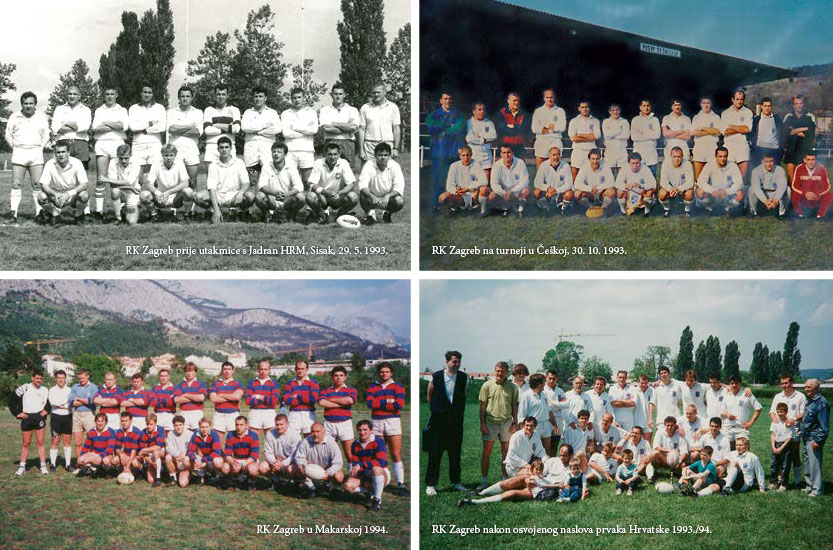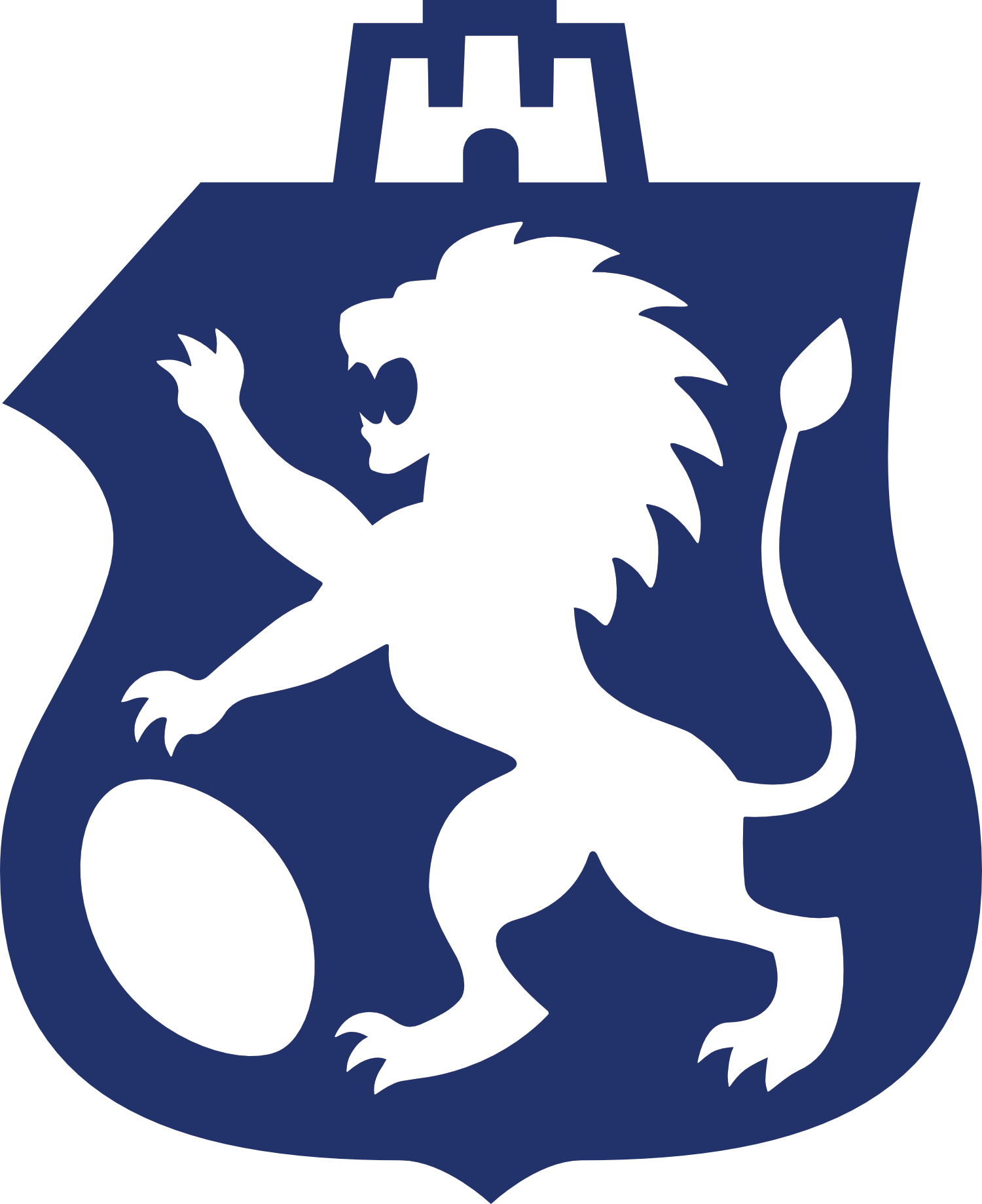Transition Period 1984–1994

In the latter half of the 1980s, Zagreb's form declined. Most of the older, successful players departed, while clubs like Čelik from Zenica (founded by former Zagreb player Suvad Kapetanović) and Nada from Split rose to prominence.
After a decade of playing home matches at Mladost's field on the Sava, RK Zagreb finally opened its own home pitch in 1990. The inaugural match was against the Yugoslav New Zealand Club, composed of players of Croatian descent (including former and current Croatian national team coaches, Sumich and Yelavich). The ribbon was cut by the then-Minister of Emigration, Gojko Šušak.
The situation in the country soon worsened, and war broke out. Many Zagreb players joined the volunteer units defending Croatia, while others were officially mobilized. The text lists many names who served, including: Hrvoje Šarić, Goran Trkulja, Dubravko Milošević, Nenad and Zoran Blaževac, Nedeljko Blažević, Zlatko Mrnjaus, Vladimir Gržanić, Vilim Starešina, Damir Zrinščak, Miroslav Špirić, Zlatko Butorac, Marijan Putanec, Ivan Pijasek, Stanko Damjanović, Zvonko Rašić, Pero Prebeg, Mladen Kamenarić, Mate Drmić, Tihomir Tunuković, and Dubravko Lovrenčić. Tragically, two players lost their lives: Mate Drmić was killed in action during the operation to liberate Maslenica. Tihomir Tunuković was killed near Travnik while working as a TV cameraman. Dubravko Lovrenčić was severely wounded in action on the Kupa River. The club honors their sacrifice: Thank you!
The club continued to function even during the war. Some members of the UN forces joined the team, including Gerry Lynch. In a remarkable anecdote, Gerry spotted Zagreb player Drago Vlahović operating an excavator at a construction site, dressed in a South Africa jersey. Gerry recognized the jersey and struck up a conversation, even though Drago didn't speak English. Upon learning there was a rugby club in Zagreb, Gerry immediately joined.
Through international connections, the club obtained and delivered the first professional scrum machine in Croatia. The manufacturer, Predator, even used the fact that their scrum machines were being used in war-torn Croatia in their advertising.
Zagreb soon built a very strong team again, blending youth and experience. The hard work put in on the scrum machine paid dividends, benefiting numerous players in the front row for years to come.
Due to difficulties in the domestic league caused by the war, the team traveled frequently. In Heidelberg in September 1993, Zagreb defeated the local HRK 5:17. On the return trip, players were caught off guard by the strict early curfew at their hostel and had to find creative ways to climb into their rooms. A planned match in Vienna was postponed after the bus was detained for 6-7 hours at the German-Austrian border due to an administrative issue.
A month later, they traveled to Prague. On Friday, they played and defeated Kapetanović's Tatra 30:18. On Saturday, a large portion of the team (75%) failed to make it back to the agreed-upon meeting point for the return to the hostel for reasons that remain unclear. Fortunately, Zenica players Vidović, Majceni, and Malović, who were playing for Tatra, managed to locate most of the missing Zagreb players and safely escorted them back to the hostel in the early morning hours, where a worried Professor Jajčević enthusiastically welcomed them. In front of the locker room, the Zenica players were recounting the previous night's adventures to Kapetanović. He was smiling until the opposing team, Praga, ran onto the field. Kapetanović went pale and panicked, exclaiming, "But they're playing their strongest line-up, they'll kill them!" The resulting score was Praga 0:90 Zagreb. The Sportske novine newspaper wrote: "Throughout the match, Zagreb dominated in all elements of rugby, inflicting probably the host's biggest defeat in international matches. The Zagreb players carried the ball with a
In the third season of independent Croatia, 1993/94, Zagreb, Sisak, Nada, and Makarska riviera made it to the championship final stage. Zagreb impressively won the championship with massive aggregate scores in the two rounds: 82:20 against Nada and 97:6 against Makarska.
However, in the 1993 Cup final against Jadran HRM in Split, Zagreb controversially abandoned the field due to unsportsmanlike play from the opponents. The Federation penalized Zagreb by preventing them from participating in the next championship.












